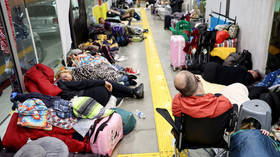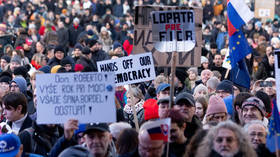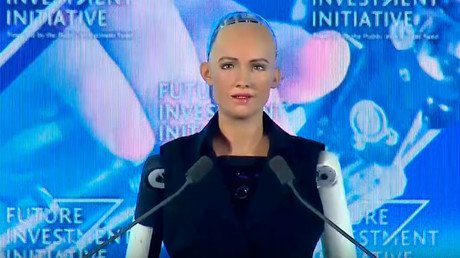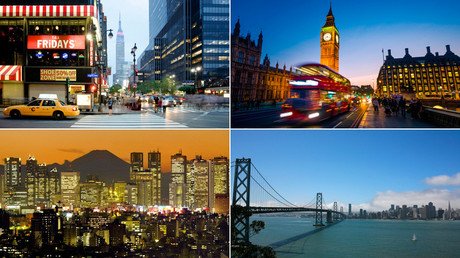Google wins lawsuit, can continue to use facial recognition tech on users without consent
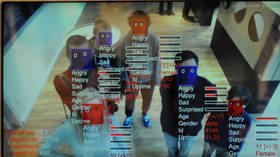
A federal judge has thrown out a lawsuit that alleged Google’s nonconsensual use of facial recognition technology violated users’ privacy rights, allowing the tech giant to continue to scan and store their biometric data.
The lawsuit, filed in 2016, alleged that Google violated Illinois state law by collecting biometric data – as biologically unique to users as fingerprints – without their consent. The data was harvested from their pictures stored on Google Photos.
The plaintiffs wanted more than $5 million in damages for “hundreds of thousands” of users affected, arguing that the unauthorized scanning of their faces was a violation of the Illinois Biometric Information Privacy Act, which completely outlaws the gathering of biometric information without consent.
Also on rt.com Happy New Year, big tech! France starts taxing Google, Apple, Facebook, and AmazonGoogle countered that the plaintiffs were not entitled to any compensation, as they had not been harmed by the data collection. On Saturday, US District Judge Edmond E. Chang sided with the tech giant, ruling that the plaintiffs had not suffered any “concrete harm,” and dismissing the suit.
As well as allowing Google to continue the practice, the ruling could have implications for other cases pending against Facebook and Snapchat. Both companies are currently being sued for violating the Illinois act.
Amid rising alarm from privacy activists, biometric scanning has become ever more ubiquitous in recent years. The technology has been deployed at American airports, Russian railroads, and by British police – despite being unreliable and unregulated in most jurisdictions.
Facial recognition can be used to identify faces in crowds from CCTV footage, track the movements of people on public transport networks, and monitor public places for wanted criminals. In Ireland, the technology has found a quainter and less Orwellian use, where it is used to track and monitor the moo-vements of dairy cows.
Think your friends would be interested? Share this story!




